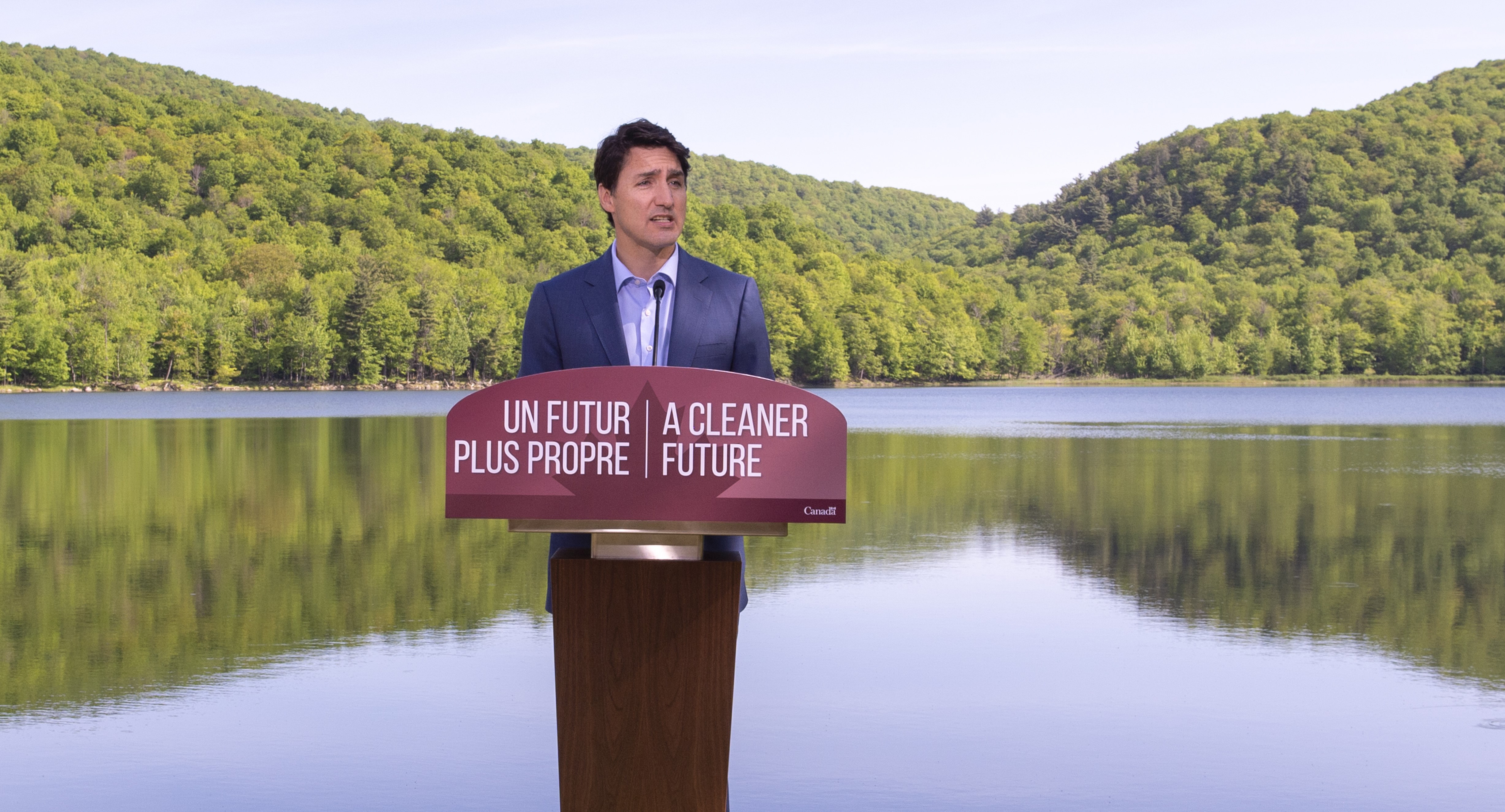Canada Is Facing a ‘Nature Emergency’ and Needs to Act Now: Report

Credit to Author: Manisha Krishnan| Date: Wed, 17 Jul 2019 19:06:19 +0000
Canada must commit to protecting 30 percent of land, freshwater, and ocean by 2030 if it wants to stave off a “nature emergency” that is already underway, according to a new report by the Canadian Parks and Wilderness Society.
The report notes that Canada—home to 20 percent of the earth’s wild forests, 24 percent of its wetlands, and nearly one third of its land-stored carbon—is a potential “conservation superpower” but only if it significantly ups its commitment to preserving nature.
In 2010, Canada pledged to conserve 17 percent of land and inland waters by 2020; so far it has so far protected 11.8 percent and has invested $1.3 billion towards achieving conservation goals.
The report says “Canada is well positioned to assume the mantle of conservation leader for the next decade,” and is optimistic that we will meet the 17 percent goal by next year.
However, wildlife and ecosystems in the country are being destroyed, in large part due to human-caused land use change resulting in habitat loss and degradation.
As a result, the report says there is a “nature emergency” taking place that “poses a significant risk to all of us and our children.”
According to a 2017 report by the World Wildlife Fund Canada, half of all monitored species in Canada (451 of 903), including mammals, fish, birds, amphibians and reptiles, have declined since 1970. Of those, the decline was an average of 83 per cent.
“The scale and urgency of this Nature Emergency can no longer be ignored. Canada, and Canadians, must act—and must act now,” the Canadian Parks and Wilderness Society report says.
It outlines several steps the federal government can take in order to combat the issue, including: completing all existing conservation goals in a timely fashion; protecting and restoring 30 percent of land and inland waters by 2030 through the UN Convention on Biological Diversity; approaching conservation goals through regional coordination and Indigenous-led land use planning; and providing the finances to ensure these goals can be successful.